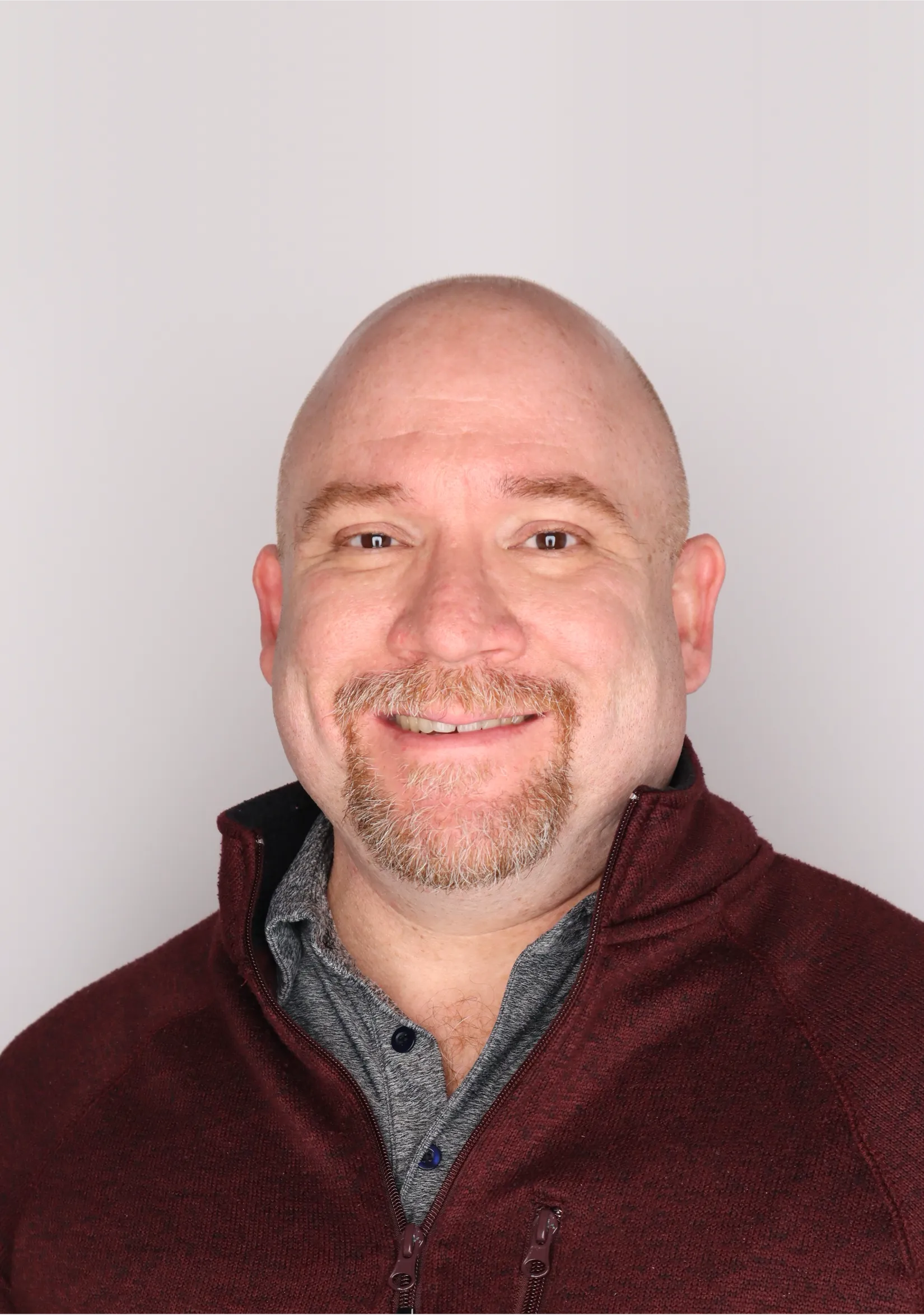Faculty Member's Office
ST-310K
Office Hours:
Office Hours: Please call for this information.
Office Hours: Please call for this information.
Bio
My name is Luis Rosado and I am an Assistant Professor in the Biology department. My research interests are in the field of human action and perception. I am specifically interested in how visual perception informs our ability to navigate our environment. Our lab uses Virtual Reality to explore human action-perception coupling.
Education
2006
Boise State University
Kinesiology (Exercise Science)
B.S.
2013
University of Massachusetts Amherst
Kinesiology (Biomechanics)
M.S.
2019
University of Massachusetts Amherst
Kinesiology (Motor Control & Exercise Physiology)
Ph.D.
Courses Taught -
-
-
-
-
-
Human Anatomy & Physiology - 1 (A&P-1)
This course is designed to help students build a comprehensive picture of the most important aspects of the body from the chemical level through the integration of organ systems into a healthy living human being. This course strives to establish a firm foundation of knowledge and study skills for students going on to more specialized course work in human biology, including courses in Health Studies, Occupational Therapy and Nursing. Although some clinically significant discussions are presented in this course, future advanced courses focus on how movement or disease processes represent changes to human systems.
4 credits
Human Anatomy & Physiology - 2 (A&P-2)
This course is a continuation of A&P-1 and is also designed to help students build a comprehensive picture of the most important aspects of the body from the chemical level through the integration of organ systems into a healthy living human body. This second course of a two-course sequence primarily explores the major human systems such as; the respiratory, circulatory, digestive, endocrine, urinary, and reproductive systems. Both structure and physiological function are emphasized as well as regulatory mechanisms and interactions between systems. Like in A&P-1, this course continues to build and establish a firm foundation of knowledge and study skills for students going on to more specialized course work in human biology, including courses in Health Studies, Occupational Therapy and Nursing. Although some clinically significant discussions are presented in this course, future advanced courses focus on how movement or disease processes represent changes to human systems.
4 credits
Human Biology
This course is an intensified single semester exploration of the overall human body from a systems perspective. The course emphasizes structure/function relationships and homeostatic mechanisms. This course offers an in depth exploration of the structure, function, and interactions of all the major body systems.
4 credits
Basic Kinesiology
This course examines the scientific basis for movement of the human body, and includes an in-depth study of muscle, joints, nervous function, and biomechanical principles. Normal and clinical case studies are explored. This course is for students going on to more specialized clinical course work in Health Studies, Occupational Therapy, and Physical Therapy.
3 credits
Human Movement and Perception
This course is an introduction to the ecological perspective of human movement (action) and perception. In this course we explore the philosophical roots of our contemporary views of human perception. In addition, the evolution of our sensory/perceptive mechanisms from the developmental point of view is discussed in depth. We also compare human perception with other perceptive organisms in the Animal Kingdom. This exploration will investigate contemporary empirical examples in the scientific literature to elicit scientific question development in a laboratory setting. Students are asked to consider, “How can we measure the action/perception mechanism?”.
4 credits
Endocrinology
This course is a detailed exploration of the Human Endocrine System. We dive deeper into normal and pathological functioning in the primary and secondary endocrine organs. We also discuss systemic changes to the human body throughout the lifespan brought on by endocrine function. Lab microscopy and dissection skills are further refined in lab, but the focus for this course is in group-based learning in lecture. An emphasis for this course is on mutual contribution to learning and discussion between students and myself.
4 credits


